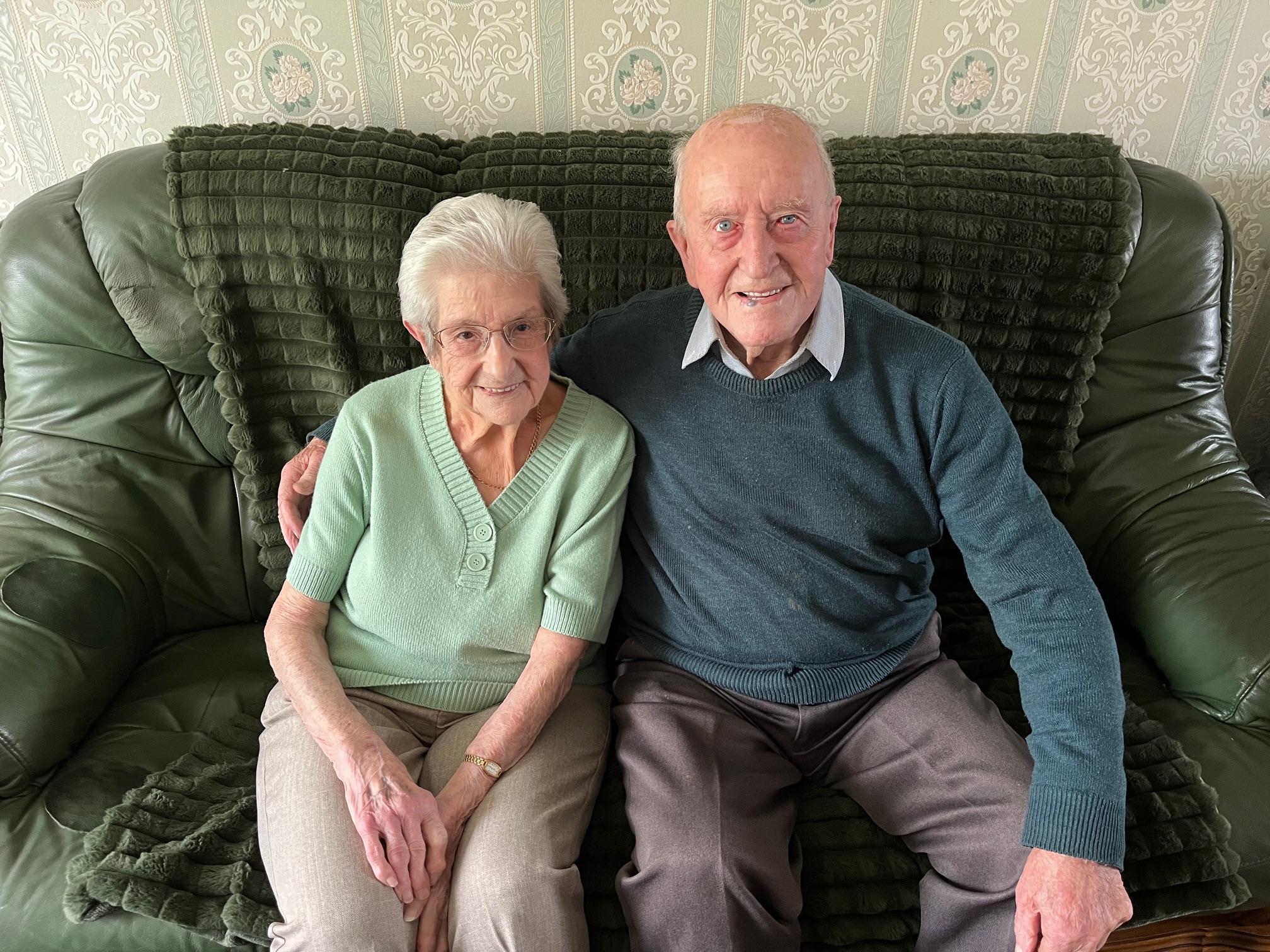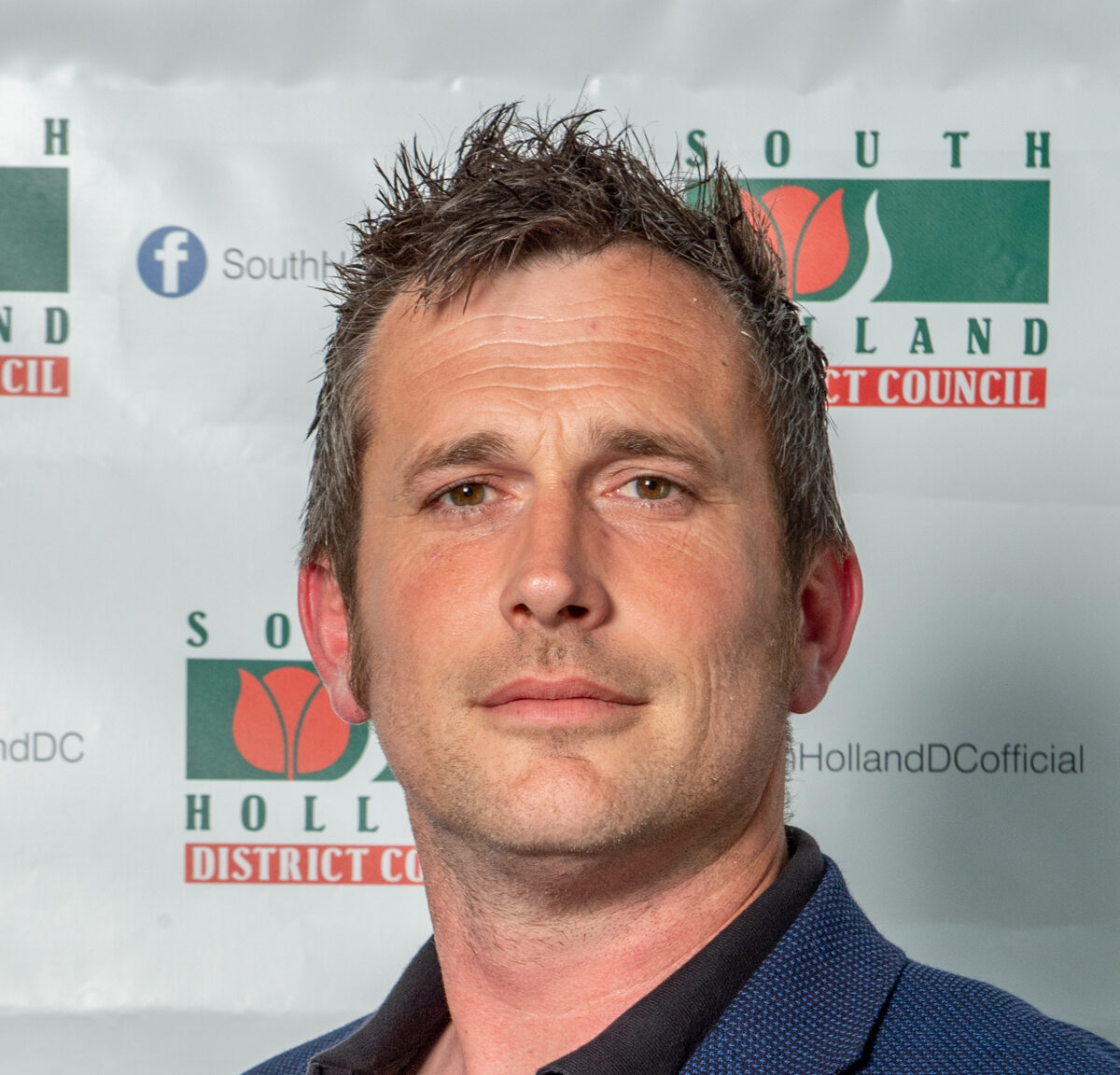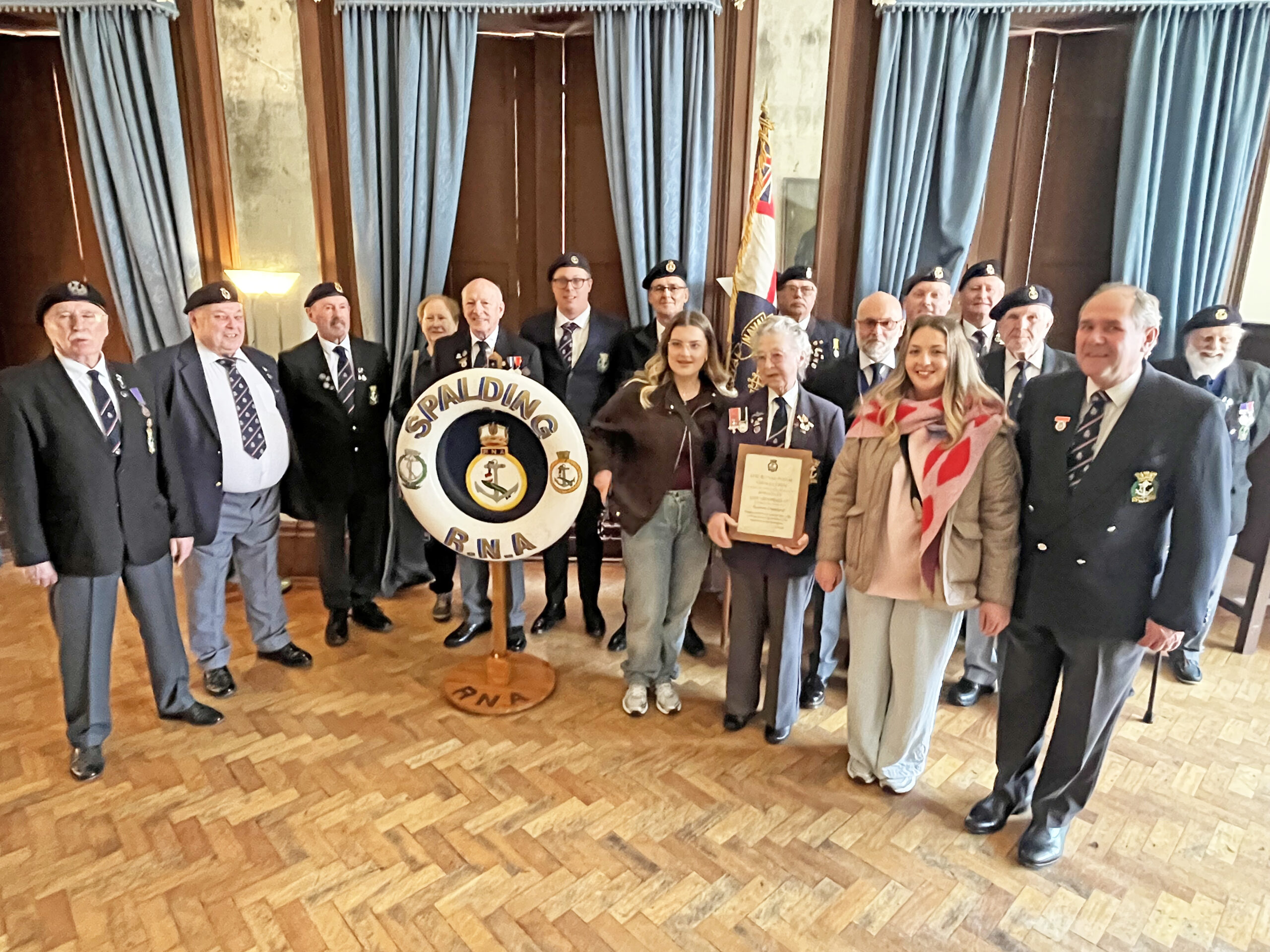Understanding the structure of local government in Lincolnshire can be a daunting task for residents – even those “in the know”.
With three tiers of authority, it can be easy to get confused about which authority carries out what responsibilities.
It’s important to understand the roles and responsibilities of each level to effectively engage with local democracy and create positive change in our communities, writes local democracy reporter Daniel Jaines.
Parish Councils
At the bottom of the structure, we have parish councils. Parish councils are responsible for smaller, more local issues such as footpath lighting and litter bins.
There are around 600 parish councils across Lincolnshire.
The most common topics that parish councils get involved with are crime prevention, helping local groups and managing open spaces
Parish councils have limited powers to make decisions. They hold some sway as statutory consultees around planning applications – however, the final decision rests with higher authorities.
District Councils
District councils, the second tier of local government, cover larger areas and are responsible for a range of issues, such as waste collection and planning.
In this district it is South Holland District Council.
The authorities are responsible for arranging bin collections, which is why some residents will face wildly different collection days and times across the week.
However, they are not responsible for Household Waste Recycling Centres, or tips, which rest with the county council.
Another area where responsibilities are split is around on-street parking. Districts oversee and implement parking permits, however, the county is the one to deal with parking enforcements such as double yellow parking or permit zone intrusions.
They are also responsible for licensing and regulation of taxis, amongst other things.
District councils are responsible for the majority of local planning applications, including deciding if planning permission is granted for everything from business developments and single extensions to housing estates with hundreds of new homes.
They are responsible for producing a local development plan that outlines how land in the county should be used, as well as ensuring that all planning decisions are in line with the plan.
They cannot, however, directly ask a business – such as Primark, Disney Store or Ikea – to set up in the town or where to do so, instead having to entice them through other means and hope they get the hint.
District councils also look after benefits for the government, doling out everything from disability to unemployment.
County councils
Lincolnshire County Council is the highest level of local government, overseeing the entire county and is responsible for matters that affect the whole region, such as transport, roads, education and social care.
County councils have responsibility for some planning applications including infrastructure or major industrial projects such as oil wells. Changes to speed limits and other safety measures around roads also come under their planning and regulations remits.
As previously noted, the county deals with parking enforcement. It also organises public and school buses around the county – though many of these are sub-contracted to private companies.
Lincolnshire County Council is also responsible for ensuring residents have access to important services such as health and social care.
This includes overseeing the management of hospitals, care homes, and community health services, although much of this is in a consultee role and the authority does not have a direct say on decisions made by health trusts.
Understanding the tiers of local government
While each level of authority has its own responsibilities, there are overlaps and similarities between the three tiers. District and county councils, for example, share responsibility for planning and development.
They also all have the power to levy a council tax to fund services.
Additionally, while parish councils may not have the power to make decisions on larger issues, they can raise concerns and lobby higher authorities for change.
Lincolnshire is also different to a number of its friends and neighbours. In North and North East Lincolnshire, for example, there is a single unitary authority rolling both district and county council roles into one. Rutland to the south is also a single overarching council.
Citizen participation is key to effective local democracy, and there are many ways to get involved at each level of local government.
Attending public meetings, volunteering with community groups and serving as a councillor are all ways to engage with local democracy.
It’s important to remember that local government affects us all, and our voices and opinions matter.
To learn more about local democracy in Lincolnshire, visit the website for Lincolnshire County Council, or your district and parish councils.







